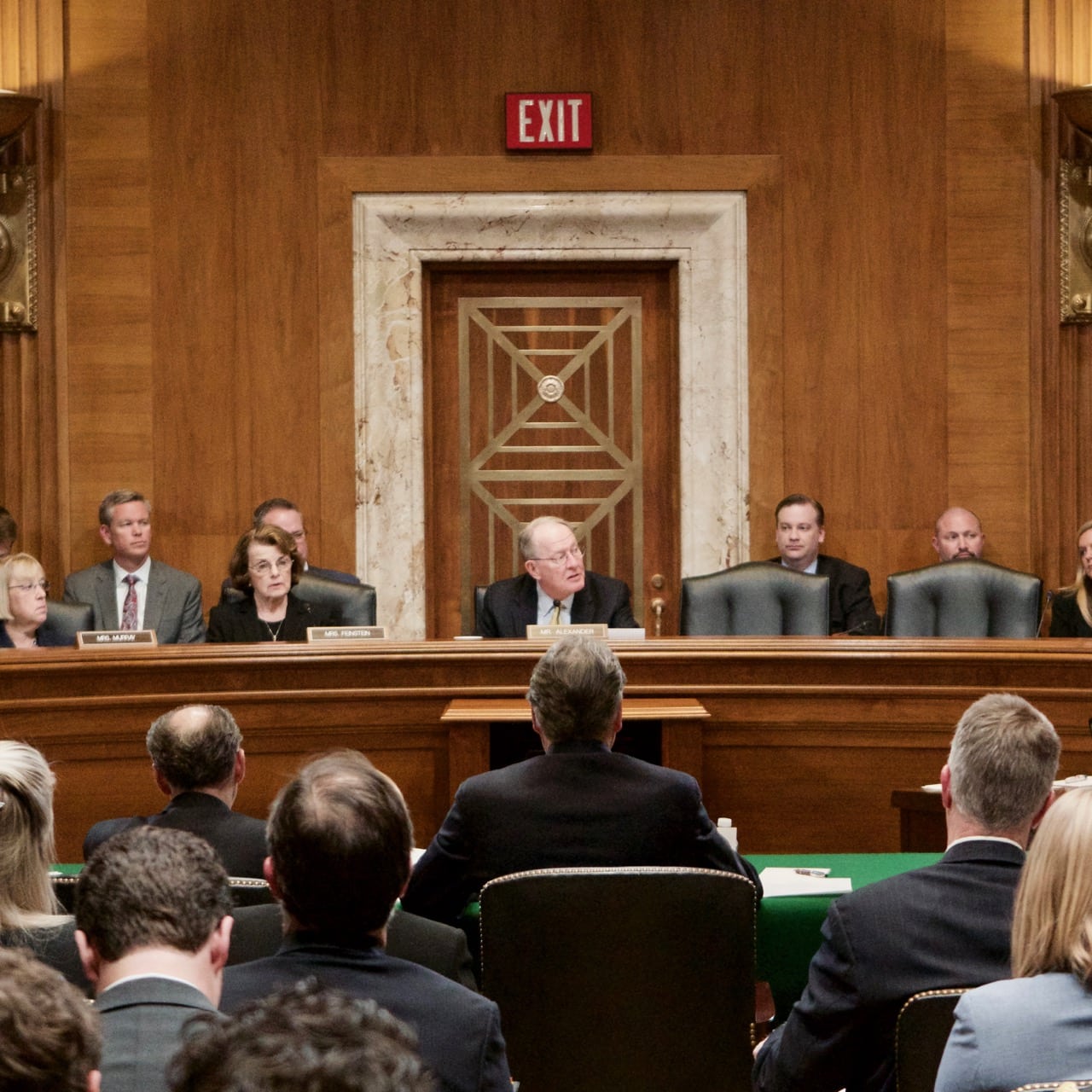
RadWaste Monitor Vol. 11 No. 15
Visit Archives | Return to Issue PDF
Visit Archives | Return to Issue PDF
RadWaste & Materials Monitor
Article 1 of 7
April 13, 2018
House Blazes, Senate Hedges On Yucca Mountain in Budget Hearings

WASHINGTON — After the first wave of hearings on the Department of Energy’s fiscal 2019 budget, key House members still want to turn Yucca Mountain in Nevada into a permanent nuclear-waste repository as soon as possible, while key senators continue to hedge…
Partner Content